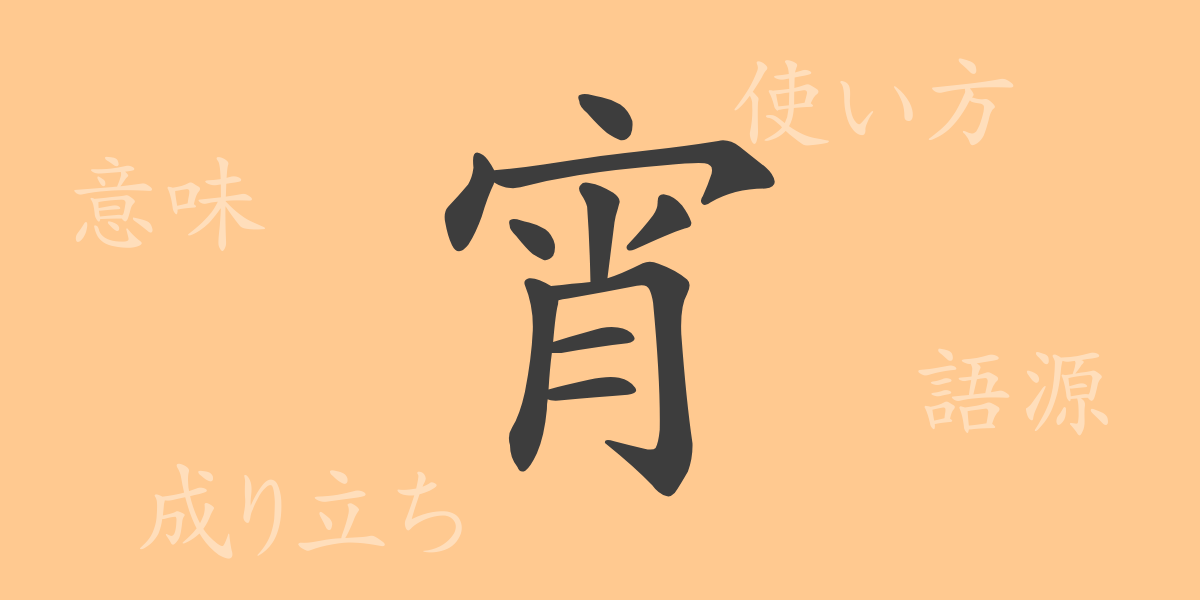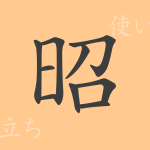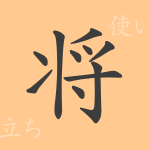As twilight deepens and the veil of night gradually descends, the Japanese language offers a beautiful term to describe this unique moment: “宵(よい)”. In this article, we delve into the charm of the commonly used Japanese kanji “宵(しょう)”. From its origins to its meaning, usage, pronunciation, and its cultural context, we will explore the rich expressive world of “宵(しょう)”.
Origins of 宵(しょう)
The kanji “宵(しょう)” has ancient origins, traceable to old Chinese texts. It signifies the arrival of night, specifically the time from evening to night. This character includes the radical “夕(ゆうべ)”, which pertains to evening or night, making it apt for depicting times related to dusk or night.
Meaning and Usage of 宵(しょう)
“宵(よい)” refers to the early part of the night, from when dusk falls and people head home until the night deepens. In Japan, there’s a cultural appreciation for the quiet and almost mystical atmosphere of this time. “宵(よい)” captures those fleeting moments between day and night.
Pronunciation, Stroke Count, and Radical of 宵(しょう)
The kanji “宵(しょう)” is a commonly used character in Japanese, with the following specifics:
- Pronunciation: The on’yomi (音読み) is “しょう”, and the kun’yomi (訓読み) is “よい”.
- Stroke Count: It is made up of 10 strokes.
- Radical: The radical is “夕部(ゆうべへん)”, associated with the evening.
Idioms, Phrases, and Proverbs Using 宵(しょう)
There are many idioms, phrases, and proverbs that include “宵(しょう)”, reflecting the characteristics of this time period. For example, the proverb “宵越しの金は持たぬ” suggests that money meant for spending within a day should not be held overnight, preaching wise financial management in daily life. The phrase “宵の口に” refers to the early part of the night, often used to denote the timing of an action.
Conclusion on 宵(しょう)
The kanji “宵(しょう)” has been cherished for a long time in Japanese language as a term that captures the brief period from dusk to night. Its unique nuances are deeply embedded in Japanese culture and lifestyle. The time of “宵(よい)” provides a precious moment to pause from the daily bustle, holding special significance for the Japanese people.

























